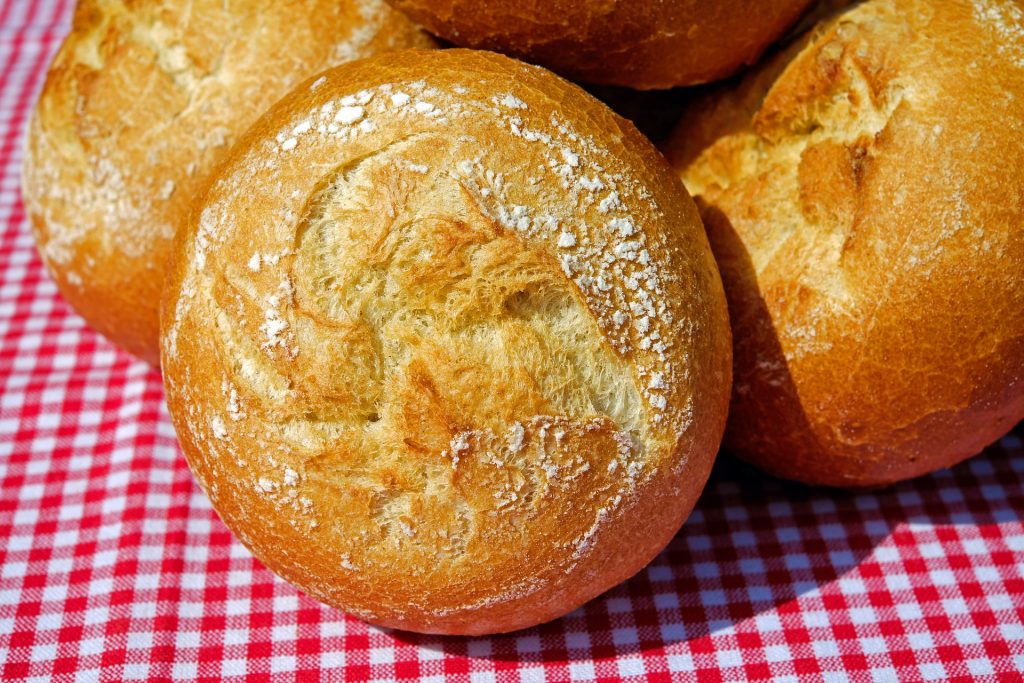Antonovden: names, traditions and customs
Antonovden is celebrated every year on January 17. On this day, the memory of St. Anthony the Great is honored.
Nouns:
Anton, Andon, Antoine, Antonia, Antonina, Antoinette, Toncho, Tonya, Doncho, Donko, Donka
Antony the Great was born around 251 AD in Egypt to wealthy and pious parents. The saint spent 20 years in total seclusion in an abandoned building in the desert, according to his biographer Athanasius of Alexandria. Sick and suffering people come to Antony, with whom he converses for hours.
At the age of 104, Antony entered into an open dispute with the adherents of the Arian doctrine and defeated them. His success has been called a celebration of Christianity. Antony the Great had a gift for miracles and foresight. He was able to convince many pagans to convert to Christianity.
He died at the age of 105 on January 17, 356, and was buried in a secret place. Later, his relics were discovered and solemnly transferred to Vienna. The saint came to the conclusion that only love for one's neighbor can defeat the demons in us and around us and declared: "I am no longer afraid of God - I love him!". According to popular belief
Anton and Atanas (his day is celebrated on January 18) are two brothers, blacksmiths, who first invented blacksmith's tongs. They are declared patrons of blacksmiths, blacksmiths, cutlers, nalbants (who undermine horses), sharpeners and others. In addition, Saint Anthony the Great is also accepted as the patron saint of basket makers. It is believed that he also made a living through manual labor, weaving baskets from palm branches, which he traded for bread. At the same time, he was also a healer, banishing diseases.
Customs
According to folk beliefs, Antonov's Day is one of the bad holidays and its celebration is mandatory, as this way we will protect ourselves from diseases. On this day, women should not knit or sew, because if they stab themselves, the wound will not heal quickly. They should not boil beans, lentils, corn, or other pulses, lest the plague, blue pox, and smallpox be angered.
In different parts of the country, Antonovden is also known as Lelinden or Chumin's day. The two saints are called "fathers of the plague", as it is believed that it appeared on their feast day.
A meal
Soda cakes, smeared with honey, are prepared and distributed to relatives for good health. They must be pierced with a fork so that the children do not "pierce" themselves with smallpox. One of the loaves must be left on the ceiling, it is named for "the white one, the aunt" - that's how they call the plague in some regions.
Traditionally, tutmanik and stuffed chicken are also present on the table. Pork is not added, so as not to provoke diseases.







Facebook Comments